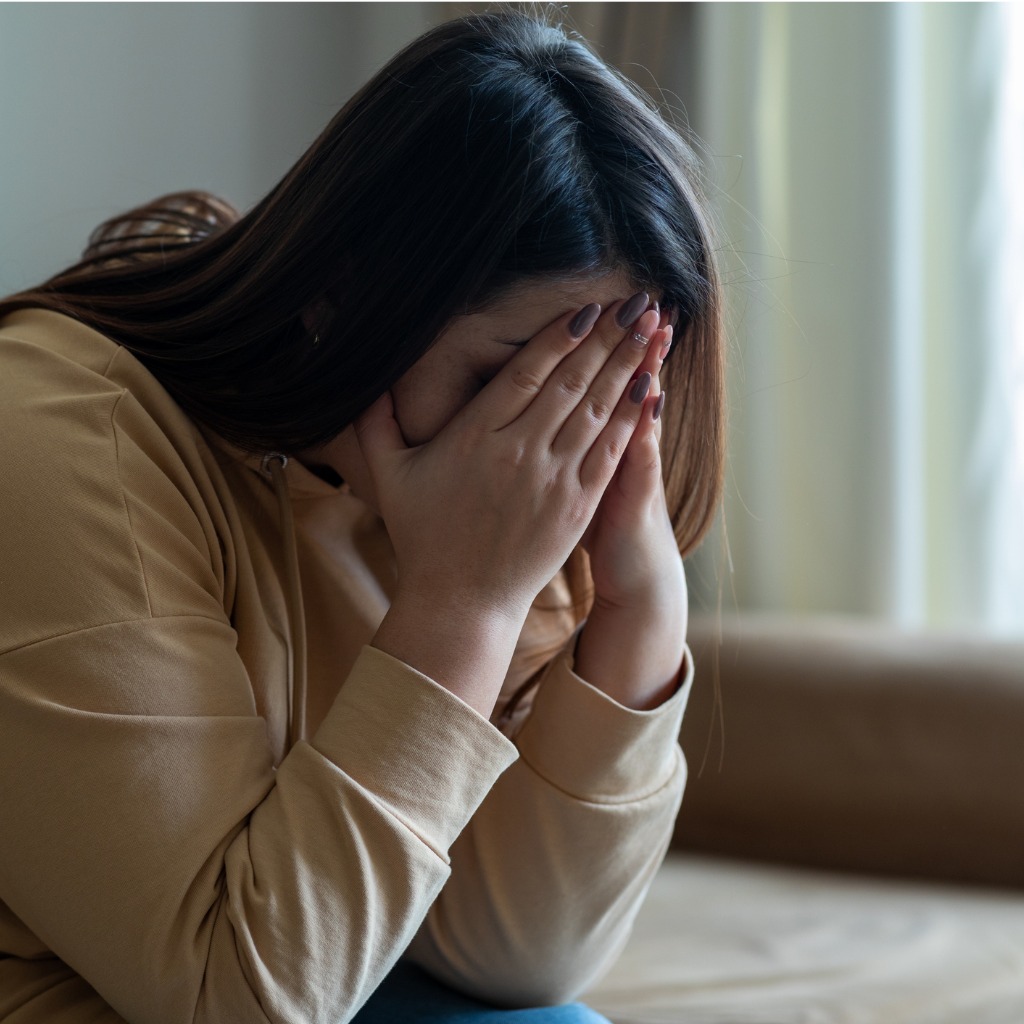Bulimia nervosa
Compassionate bulimia treatment
Bulimia is an eating disorder that affects millions of people worldwide. It is characterized by cycles of binging (eating large amounts of food in a short period of time) followed by subsequent purging (compensatory behavior such as self-induced vomiting in an attempt to prevent weight gain from binging). In bulimia, this cycle of behavior persists over a number of months and can significantly affect an individual’s physical and mental health.


Frequently asked questions about bulimia
Bulimia nervosa, commonly referred to as bulimia, is an eating disorder characterized by recurrent episodes of binge eating followed by inappropriate, compensatory behaviors in order to prevent weight gain. These compensatory behaviors, referred to as purging, can include forced vomiting, strict dieting, excessive exercising, or misuse of medications such as laxatives. Individuals with bulimia also have an unhealthy preoccupation with their body weight and image, which influences their self-worth to a large degree.
Bulimia is sometimes confused with anorexia nervosa, another type of eating disorder. In anorexia, individuals are preoccupied with body shape and severely restrict their food intake. Some may also engage in binging and purging behavior. However, in anorexia, these disordered eating behaviors result in individuals having a significantly low body weight, whereas people with bulimia can be overweight, slightly underweight, or a normal weight.
What causes bulimia is a complex and multifaceted question. Genetic predisposition, neurochemical imbalances, traumatic life events, and societal pressures have all been linked to the condition.
Identifying the signs and symptoms of bulimia is crucial for early intervention and support. While the specific manifestations may vary among individuals, common patterns include recurrent episodes of binge eating, feeling out of control during binges, and engaging in compensatory behaviors to avoid weight gain. Individuals also tend to have excessive concerns about body image and a preoccupation with food and eating habits. Physical indications of bulimia may include frequent fluctuations in weight, erosion of dental enamel due to recurrent vomiting, swollen salivary glands, and gastrointestinal problems.
Bulimia commonly co-occurs with other mental health disorders. Major depressive disorder is one of the most frequently observed comorbidities, and the relationship between the two can be bidirectional, with each condition exacerbating the other’s symptoms. Anxiety disorders, such as generalized anxiety disorder, social anxiety disorder, and obsessive-compulsive disorder, also commonly co-occur with bulimia. These disorders may contribute to the intense preoccupation surrounding body shape and weight.
- Diagnosing bulimia or other eating disorders involves a comprehensive assessment conducted by a licensed healthcare professional, typically a mental health specialist or registered dietician. The process often involves an evaluation of the individual’s medical history, physical examination, and psychological assessments. The criteria for diagnosing bulimia include the following:
Recurrent episodes of binge eating - Compensatory behaviors to prevent weight gain
- Frequency of behaviors at least once a week for three months
- Body shape and weight unduly influence self-evaluation
- Episodes do not occur exclusively during episodes of anorexia nervosa
Find treatment for bulimia at Geode Health
If you or someone you know is suffering from bulimia, do not be afraid to seek professional help. Our team at Geode Health is trained, licensed, and fully-equipped to assess your symptoms and devise a treatment plan that is tailored specifically for you.
We offer extensive health services including psychotherapy, psychiatry, and medication management to help you get back on track. To get the help you need, view our many different locations to find a mental health facility near you or set up an appointment online today.


If you are in crisis and in need of immediate support
Please call the National Suicide Prevention Lifeline by dialing 988 or text the Crisis Text Line by texting HELLO to 741741


